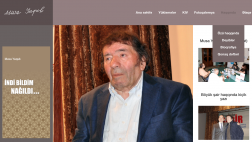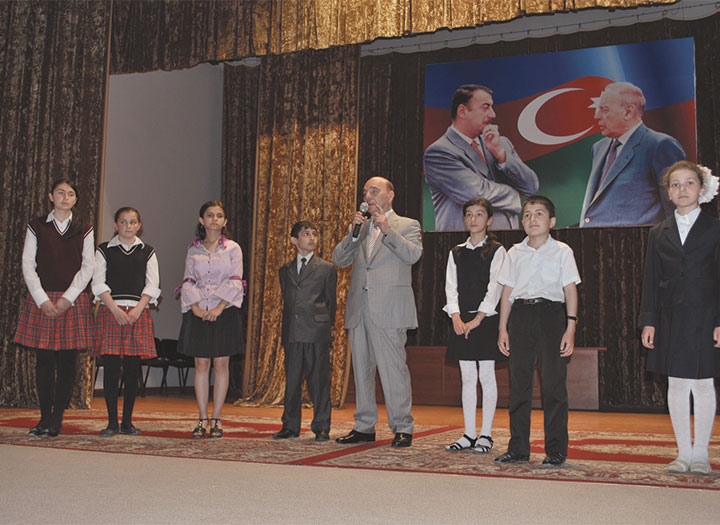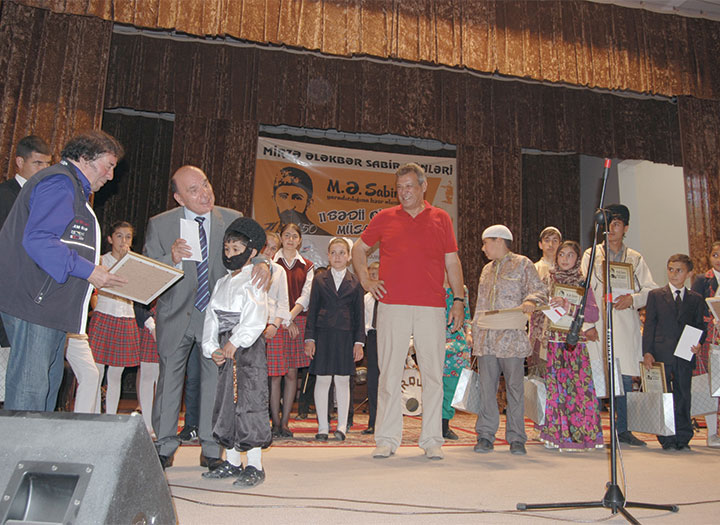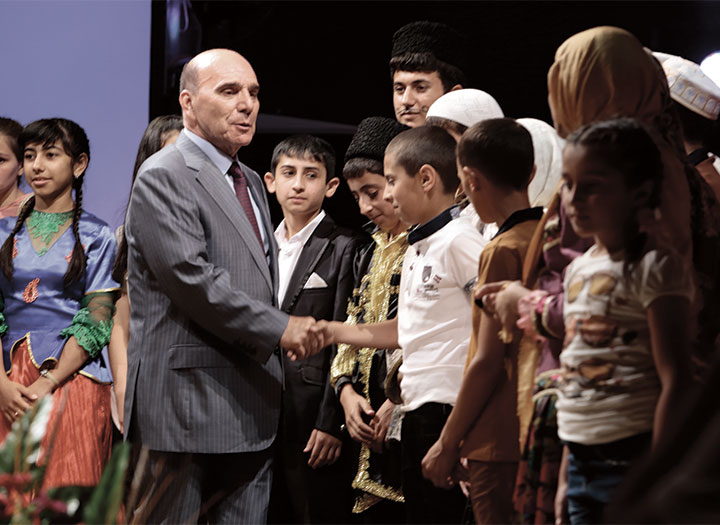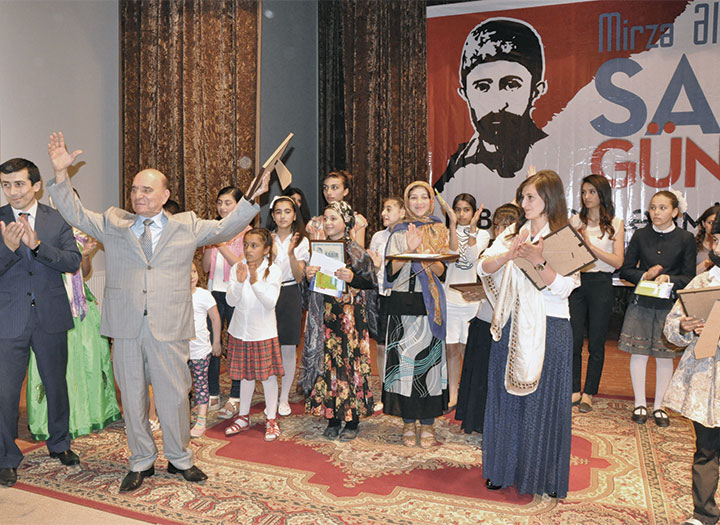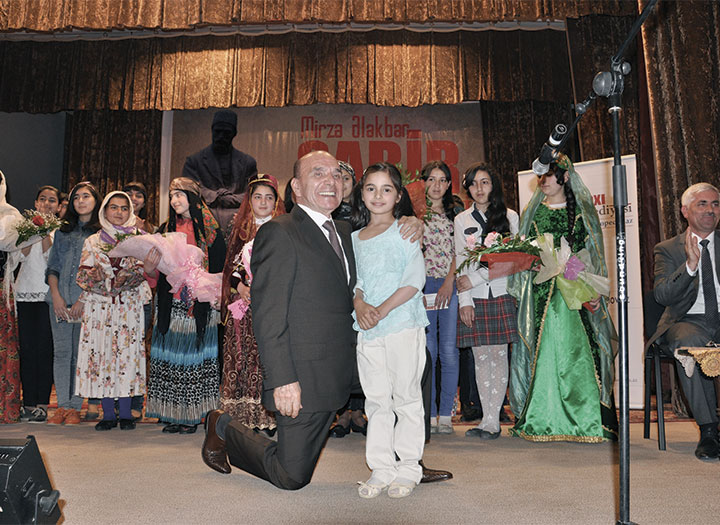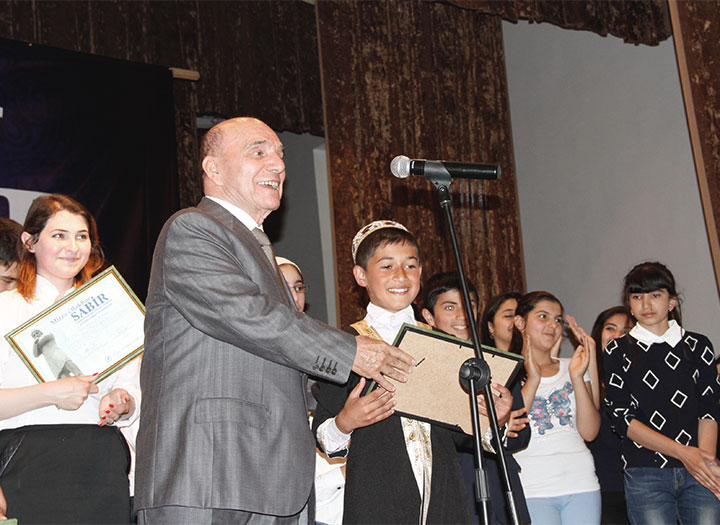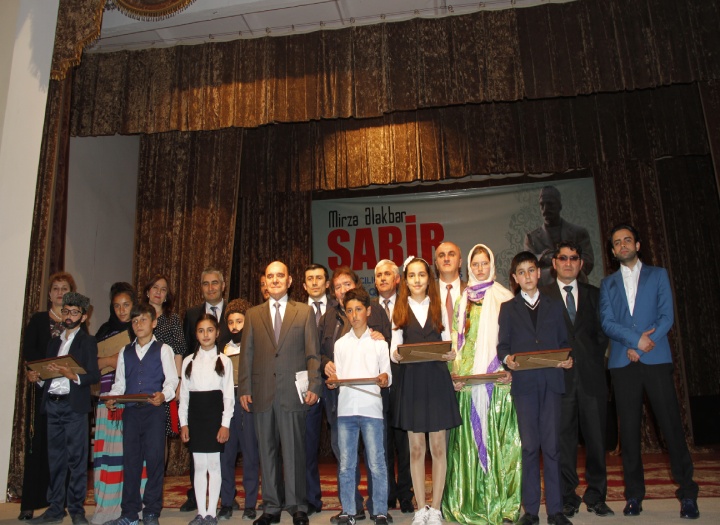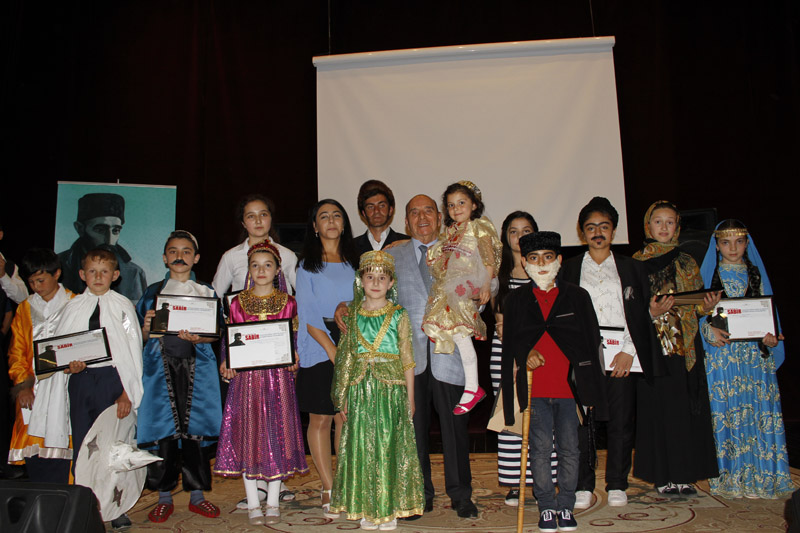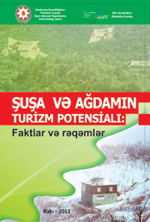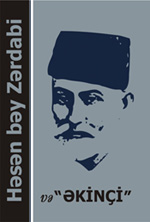 TV bosses go to the Kremlin to get instructions – just Suslov’s were replaced with Surkov’s. The TV, as before, carries out campaigns against “enemies of the people” who do not have the right to answer. Non-government (or partially state) TV also depends on authority, but the degree of freedom is directly proportional to scope of an audience. On such channels censorship is also quite classical, i.e. they are forced to remove a plot before airing. Newspapers are certainly freer. Newspapers’ freedom is up to not basic coverage of an audience. In newspapers the head censor is a proprietor, and the degree of boldness of an edition depends on that how much a proprietor is dependent on the Kremlin authority. In such editions you will not disassemble whether the newspaper was asked not to write about anything or they have decided not to write in order its editor-in-chief would not be asked about. The border between censorship and self-censorship is absolutely erased here. There are a number of editions not putting up with censorship at all proprietors of which are under prosecution or in exile. However, if such an edition seems influential to the authorities, it can be asked on the phone to soften the accents. But to follow the advice is up to the discretion of an editor-in-chief. In case of a strong rest there is an elegant way of punishment: it is prohibited for the newspaper to follow the president’s trips, to take interviews from responsible officials and so on. And if a head wants to keep all these attributes of prestige for the edition, he makes some concessions. And if newspapers appear very oppositional, this time they “work” with advertisers. And who will search for why the advertiser N suddenly refused a cooperation with the newspaper M? Besides political censorship, there is a heap of others: a newspaper will not “run” into its advertiser, the enterprise of the proprietor or the editor-in-chief’s friends. But these peaceful forms of censorship exists everywhere, thus even in this context Russia with pure conscience can call its press media one of the civilized family’s.
TV bosses go to the Kremlin to get instructions – just Suslov’s were replaced with Surkov’s. The TV, as before, carries out campaigns against “enemies of the people” who do not have the right to answer. Non-government (or partially state) TV also depends on authority, but the degree of freedom is directly proportional to scope of an audience. On such channels censorship is also quite classical, i.e. they are forced to remove a plot before airing. Newspapers are certainly freer. Newspapers’ freedom is up to not basic coverage of an audience. In newspapers the head censor is a proprietor, and the degree of boldness of an edition depends on that how much a proprietor is dependent on the Kremlin authority. In such editions you will not disassemble whether the newspaper was asked not to write about anything or they have decided not to write in order its editor-in-chief would not be asked about. The border between censorship and self-censorship is absolutely erased here. There are a number of editions not putting up with censorship at all proprietors of which are under prosecution or in exile. However, if such an edition seems influential to the authorities, it can be asked on the phone to soften the accents. But to follow the advice is up to the discretion of an editor-in-chief. In case of a strong rest there is an elegant way of punishment: it is prohibited for the newspaper to follow the president’s trips, to take interviews from responsible officials and so on. And if a head wants to keep all these attributes of prestige for the edition, he makes some concessions. And if newspapers appear very oppositional, this time they “work” with advertisers. And who will search for why the advertiser N suddenly refused a cooperation with the newspaper M? Besides political censorship, there is a heap of others: a newspaper will not “run” into its advertiser, the enterprise of the proprietor or the editor-in-chief’s friends. But these peaceful forms of censorship exists everywhere, thus even in this context Russia with pure conscience can call its press media one of the civilized family’s.
Elena Rikovtseva
